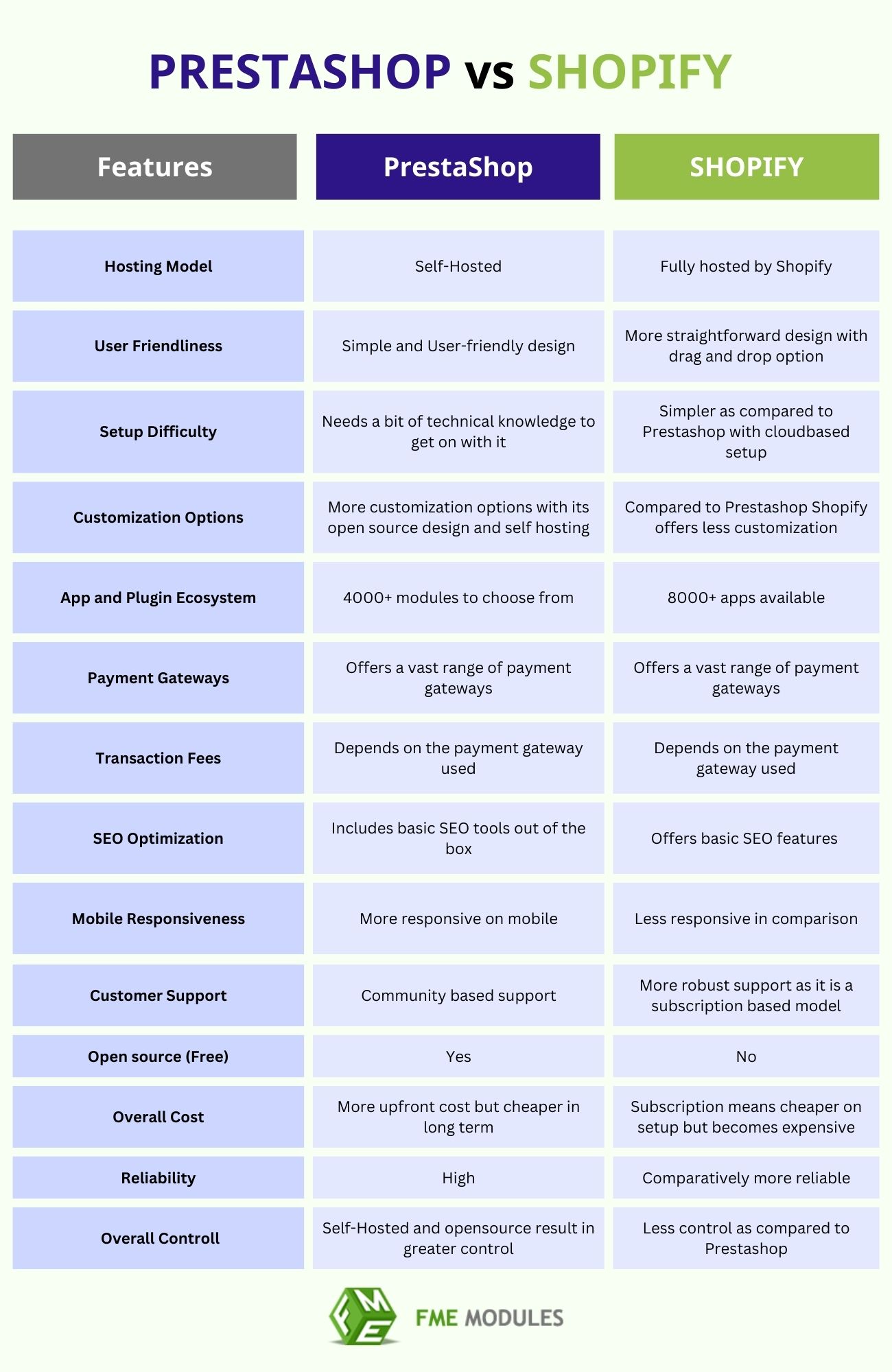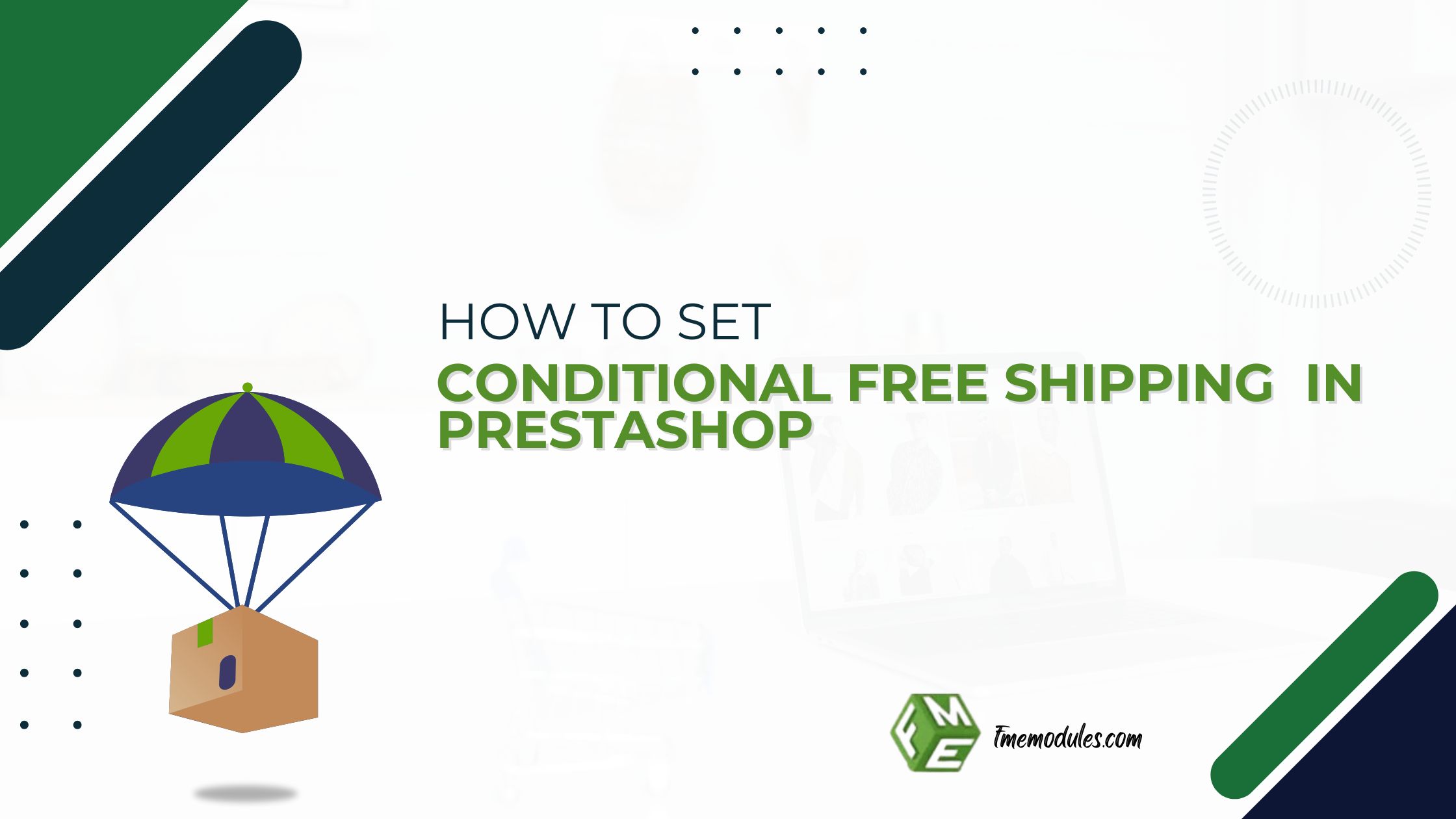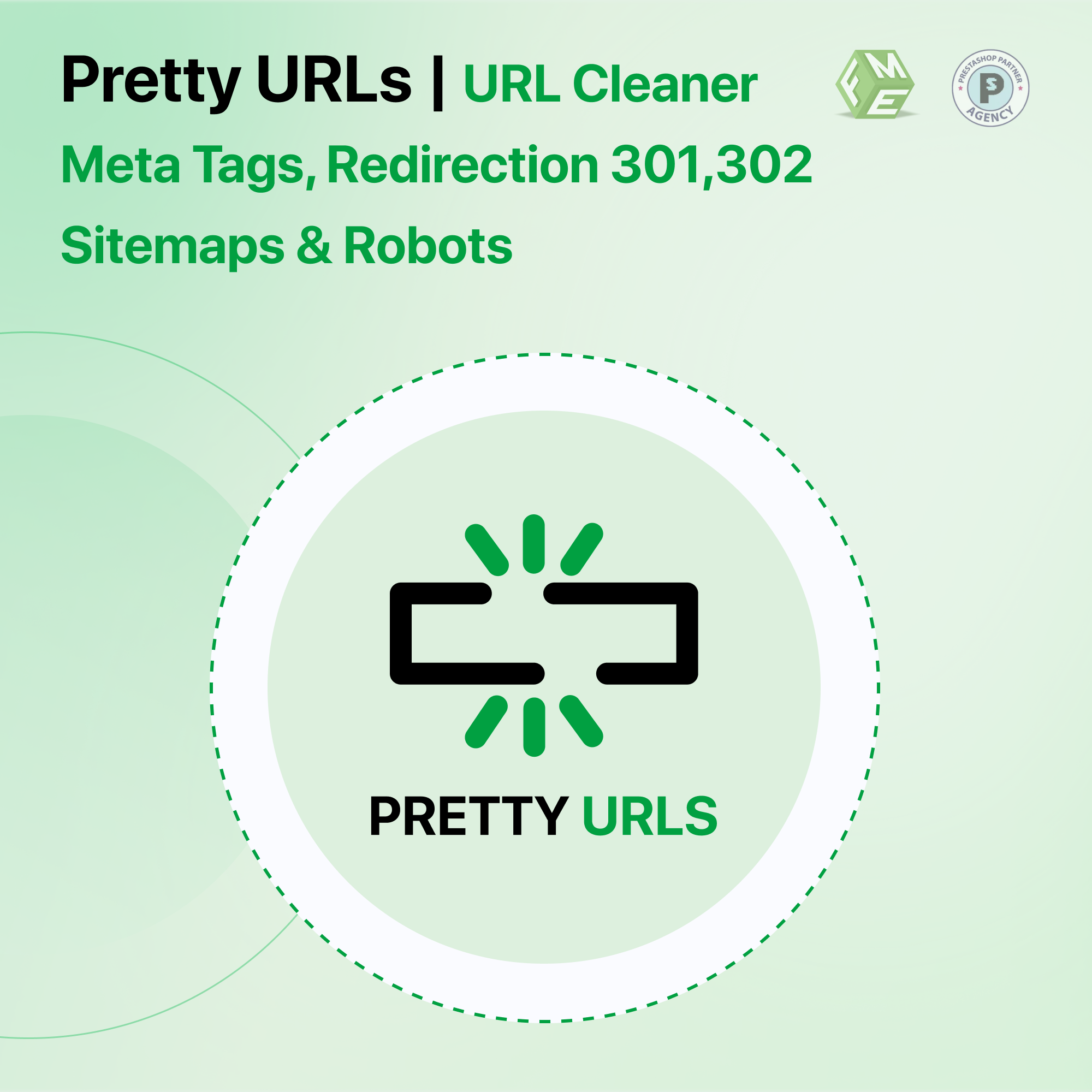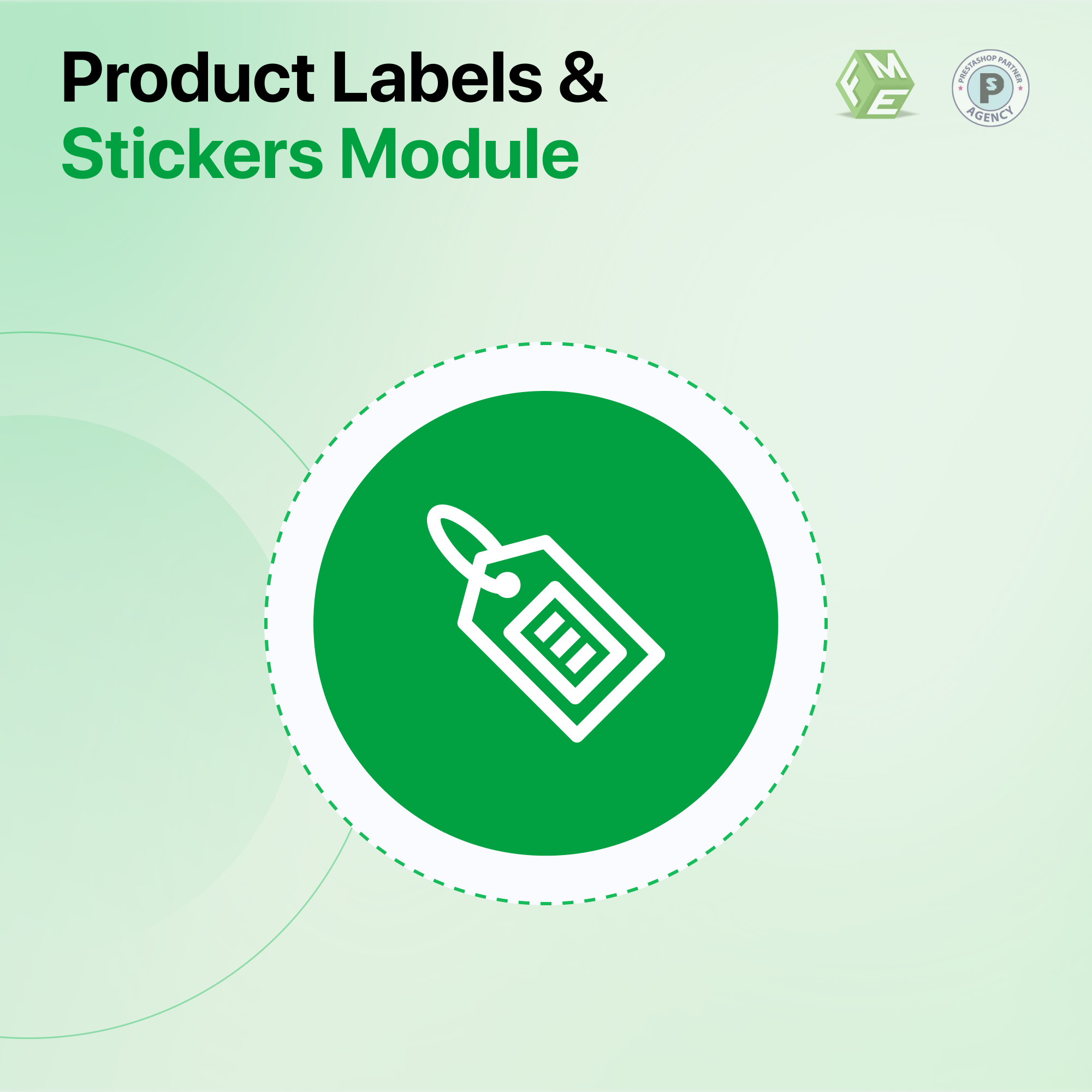Prestashop vs Shopify - An Expert Overview

Posted On: Jul 26, 2023
Categories: Shopping Carts and E-Commerce Platforms: A Complete Guide , Marketing
PrestaShop is a free open-source platform that allows you to scale and customize your site on your own. Shopify is a paid e-commerce platform that charges a sum to allow you to build a spectacular e-commerce store.
But which of the two is perfect for your e-commerce store? What if you opt for the wrong option and then face consequences later on?
According to the Prestashop official website, over 300,000 people use this open-source CMS, while Shopify also has a decent number of users. That’s why it is very difficult to predict a clear winner between these two platforms, but don’t worry, we have answers for you here!
Prestashop vs Shopify - Quick Comparison

What is Prestashop?
PrestaShop is a free CMS that helps online stores grow in a flexible way. Utilizing its amazing features, e-commerce sites can expand to different markets by offering various languages and currency choices.
PrestaShop works great for those bigger online shops. Check out the amazing website of Geneanet as it has its site in a bunch of different languages like English and French.
Most of the Prestashop features require a little coding knowledge and are available to use for everyone. Plus, you can improve your online store on Prestashop with modules and by hiring professional developers.
For example, if you want to enhance the B2B Functionalities of your website, you can install the B2B Module for all the features you need.
What is Shopify?
Shopify is like an all-inclusive resort for e-commerce platforms. It's got tons of features and an easy-to-use setup. You can start using this platform for $29 a month for the basics and all the way up to $299 a month for more outstanding features. Plus, you get a 14-day free trial to test it out.
All the packages come with a free SSL certificate, the option to sell in 133 different currencies, and the ability to add as many products as you want. One cool thing Shopify offers is the abandoned cart recovery feature, which sends customers reminders to come back and finish their purchases.
Shopify is great for small to medium online stores because it's easy to use and has helpful tools. Check out Colorpopup, a cool e-commerce website that sells stuff in the US and Canada.
Comparison between Two E-commerce Platforms

Prestashop vs. Shopify - A Quick Decision
Here’s how the two platforms can be quickly compared:
Whether or not a platform is suitable for beginners, from setting up to navigating its dashboard. Well. Prestashop is beginner-friendly in terms of pricing, while Shopify is in terms of features.
Settings of the product, gateways of payment, and shipping options. Both of them provide good payment gateways.
What option is each platform offering as per the website design? Both Prestashop and Shopify offer free and paid themes for website customization.
Loading speed of both the platforms and how they handle different levels of traffic. Prestashop is tested to have a fast loading speed as it heavily relies on lightweight HTML coding for almost everything.
Features of the platform’s security features, like shipping addresses. With Shopify, you can have a free SSL certificate and other security features that are included in the basic package as well. For Prestashop, you need to buy your own domain, hosting, and security certificates, which in most cases cost less than Shopify.
Shopify vs Prestashop - Which One Is Easy To Use
Depending on how tech-savvy you are, Shopify might be trickier to navigate than Prestashop. In fact, both the Prestashop and Shopify platforms make it easier to set up an online store, but they have different levels of difficulty to master.
Here are the factors that help determine which platform is easier to use:
- Website setup process. Shopify has the edge because you get the initial setup at a low monthly cost.
- Dashboard navigation. Most of the users believe that Prestashop is a lot easier to navigate.
- Access to built-in tools. Shopify has paid customization tools, while Prestashop has many free features that are ideal for beginners.
To get PrestaShop up and running, you can either do a hands-on installation or use an auto-installer. Plus, you can have different Prestashop Modules to optimize your store’s performance. All you need to do is to get the latest version of Prestashop and then use an FTP client to install the eCommerce software.
You can find all the cool stuff like orders, catalog, and customer service under the dashboard tab. With PrestaShop, it's super easy to track your online store's progress or improve sales with some amazing ‘Salesbooster Prestashop Tips’ for success.
Also, this online store has a handy Quick Access button with shortcuts to all the important tools. You can even customize which tools show up under this button by managing quick accesses.
On the flip side, setting up on Shopify is way easier. All you gotta do is pick a plan, make an account, and slap on a store name. From there, Shopify's Home page guides you through setting up your store with handy links like Add product and domain, Customize theme, and Set up sales channels.
They even give you tips on how to make your store better, like adding a shipping policy and figuring out how to sell globally.
You can find all the usual eCommerce tools like Orders, Analytics, and Marketing in the left corner. If you want to see the full list of built-in tools, just click on the Settings button in the bottom left corner. That'll bring up more stuff like Billing, Taxes, and Metafields.
Take Away
PrestaShop and Shopify are both super popular eCommerce platforms for selling stuff online. Just remember, they each have their own unique features and stuff, so it totally depends on the comfort level and budget of the online sellers.
PrestaShop lets you host your own platform, giving you more control to tweak and grow your store. Just keep in mind that it might take a bit more effort to get the hang of it. And don't forget, the speed and security of your store will also rely on your hosting choice.
Shopify is a totally hosted platform. It's got all the bells and whistles built right in, and the features vary depending on what plan you're on. But, it’s not free as you have to pay a certain sum every month to keep your online store up and running.
So, the contest between the two is even Steven so far, but we have a suggestion that will help you make a quick decision. Yes, if you are just beginning with online selling, go for the Prestashop with your eyes closed. But, if you are comfortable paying a sum for built-in features, go with Shopify.
Frequently Asked Questions
1) How many Business Owners use Prestashop?
As per the official Prestashop website, there are more than 300,000 websites built on the Prestashop platform, and all of them have a significant number of users.
2) Is PrestaShop better than Shopify?
It depends on whether you like the 100 percent ownership that Prestashop provides or would like a cms that is easy to use for everyone.
3) Which platform is better than Shopify?
Prestashop is better than Shopify for many reasons, as the expert suggested, like full ownership, less costly, low membership costs, and more.










